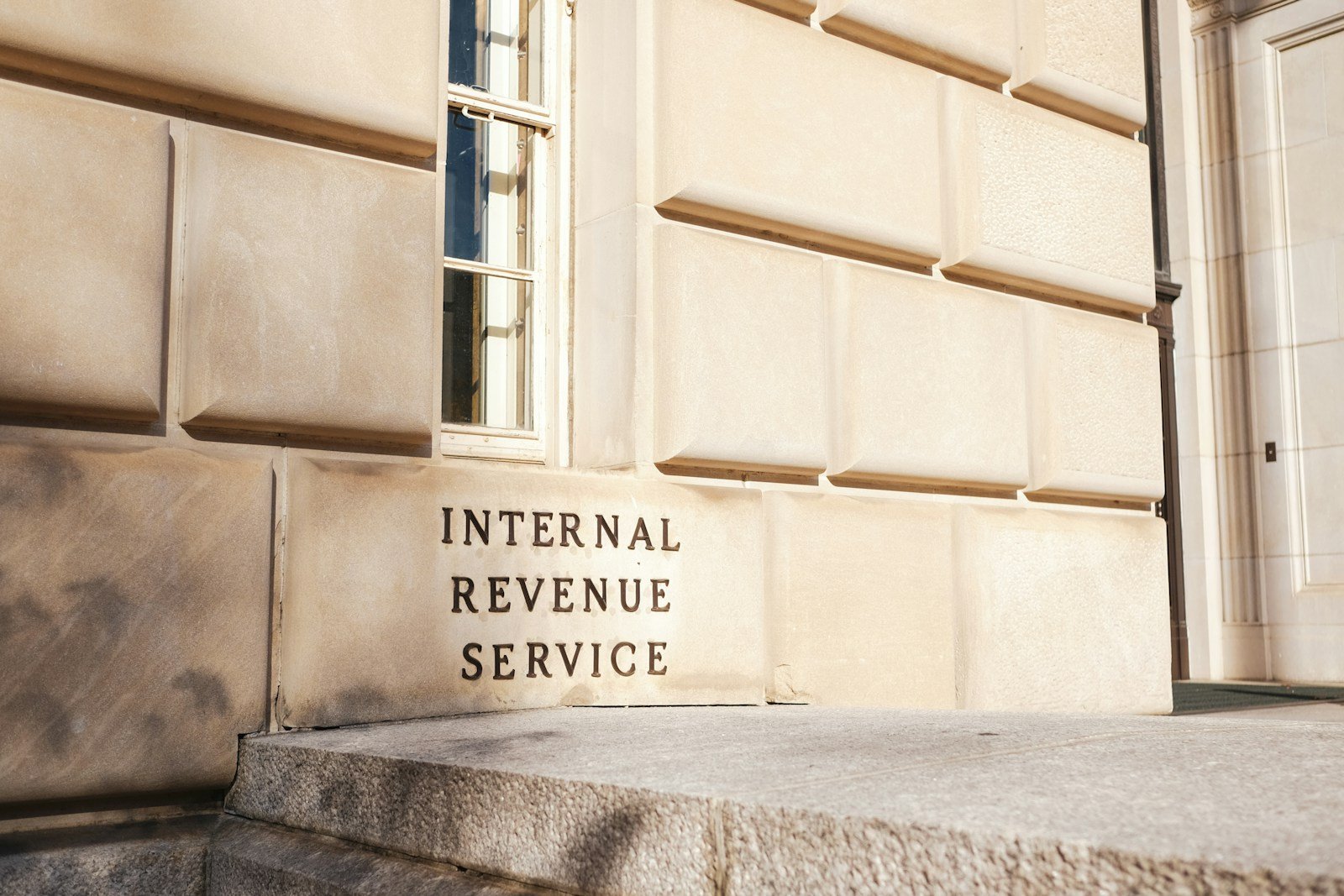Key takeaways
• The administration plans an IRS overhaul to shift power over criminal probes.
• A senior adviser aims to limit IRS lawyers in investigations.
• Major Democratic donors, including George Soros, appear on a potential target list.
• The changes could reshape how the IRS Criminal Investigation unit works.
Inside the IRS Overhaul Plan
Recent reports reveal a major IRS overhaul proposal. It would stack the IRS criminal unit with allies of the administration. As a result, IRS lawyers would have less say in key investigations. The plan aims to sharpen control over which cases reach prosecutors. Anonymous officials claim a senior IRS adviser also drafted a list of Democratic donors. That list includes some of the nation’s biggest names.
Why the IRS Overhaul Plan Matters
An IRS overhaul could change tax enforcement for years. First, it would shift authority from career lawyers to political appointees. Then, the IRS Criminal Investigation unit would report directly to those appointees. Finally, the new process could speed or stall cases based on politics. In effect, Congress fears selective targeting of certain groups and donors.
How the IRS Criminal Unit Works Today
Currently, the IRS Criminal Investigation unit brings serious tax cases to the Department of Justice. It has over two thousand special agents. IRS lawyers from the chief counsel’s office guide these agents at every step. They review search warrants, analyze evidence, and approve referrals to prosecutors. For sensitive probes, like those involving political donors, extra legal checks kick in.
Proposed Changes in the IRS Overhaul
Under the proposed IRS overhaul, the manual that governs criminal cases would change. Attorneys from the chief counsel’s office would play a smaller role. Instead, agents would face direct oversight from a politically appointed manager. Reportedly, an adviser named Gary Shapley drafted these rule changes. He also plans to oust the unit’s current head, Guy Ficco. In turn, this adviser would appoint someone more aligned with the administration.
Key Goals of the IRS Overhaul Plan
• Reduce the involvement of IRS lawyers in sensitive cases
• Increase control by political appointees
• Speed up or slow down cases based on guidelines set by the new manager
• Potentially target donations and groups tied to one side of the aisle
Potential Impact on Left-Wing Donors
A senior IRS official reportedly created a list of possible targets. It names major Democratic donors, like the billionaire philanthropist George Soros. In doing so, it raises concerns about political retaliation. Left-wing groups might face more frequent audits or criminal probes. By contrast, donors aligned with the administration could escape scrutiny. Such an imbalance might undermine public trust in the IRS as an impartial agency.
Critics and Supporters Speak Out
Critics warn that the IRS overhaul could weaponize tax enforcement. They argue it would weaken legal safeguards against abuse. Additionally, they say the unit’s independence is vital for fair investigations. On the other hand, supporters claim the changes would improve efficiency. They insist the IRS needs fresh rules to handle complex financial crimes. Yet they rarely address the risks of targeting specific political donors.
What Happens Next?
Right now, the overhaul plan is in draft form. Treasury Secretary Scott Bessent has yet to sign off. Meanwhile, lawmakers in Congress are demanding briefings on the proposal. They plan hearings to explore its impact on impartiality. If approved, the IRS manual could see revisions in the coming months. However, legal challenges are likely if the new rules take effect.
Staying Informed on the IRS Overhaul
As events unfold, stay alert for official announcements from the Treasury. Watch for statements from IRS leadership on legal procedures. Follow updates on congressional hearings and potential court battles. This IRS overhaul could reshape how tax crimes are investigated. In turn, it may redefine the balance between law enforcement and politics.
Frequently Asked Questions
What is the IRS overhaul about?
The IRS overhaul refers to proposed changes in how the IRS Criminal Investigation unit operates. It aims to reduce the role of IRS lawyers and increase political oversight.
Who is pushing the IRS overhaul?
An adviser to the Treasury Secretary, named Gary Shapley, leads the effort. He wants to revise the IRS’s procedure manual and replace the current unit head.
Which groups could face new IRS scrutiny?
Reports suggest major Democratic donors and left-wing groups may face more audits and investigations under the new rules.
How might the IRS overhaul affect taxpayers?
If approved, it could lead to selective enforcement and slow responses for some investigations. This change might impact public trust and fairness.
